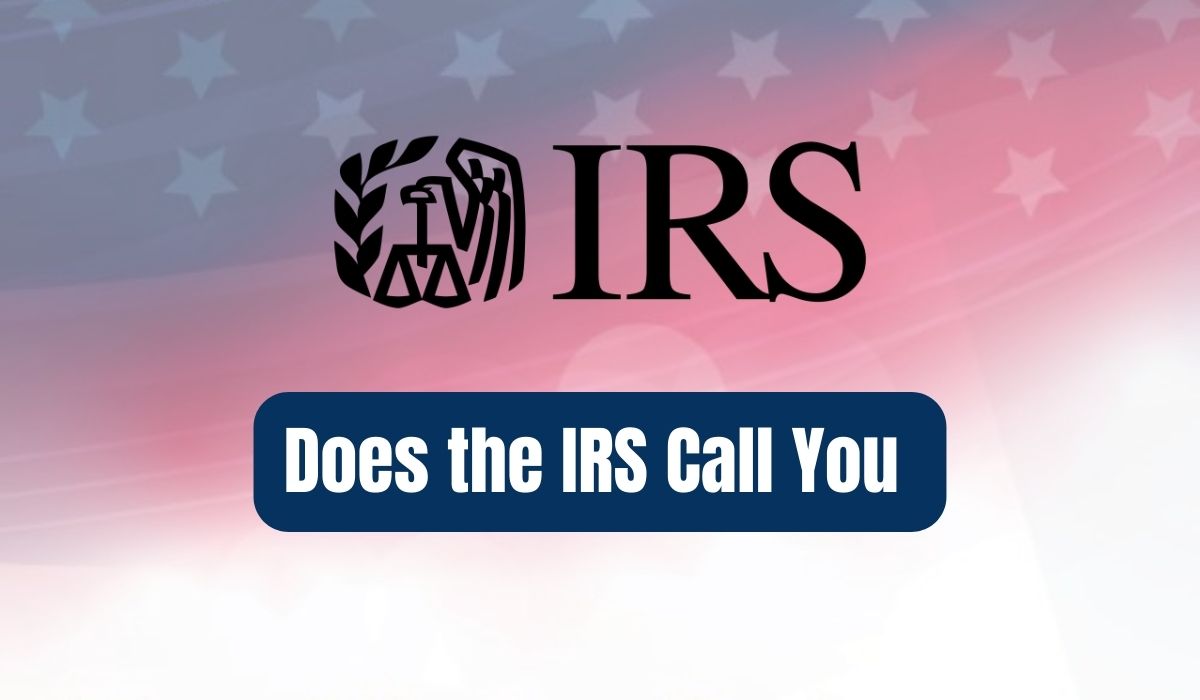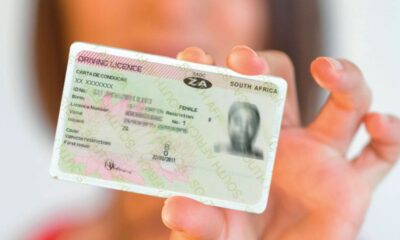IRS
Does the IRS Call You?

Does the IRS Call You? The Internal Revenue Service (IRS) is the United States government agency responsible for tax collection and tax law enforcement. One common question among taxpayers is whether the IRS ever calls individuals directly. This article explores the circumstances under which the IRS might call you, how to recognize legitimate IRS contact, and how to protect yourself from potential scams.
Does the IRS Call You?
U.S. Postal Service regular mail is the most common method of contact used by the IRS. IRS behavior is predictable. You will never receive a call from the IRS asking for personal information, like your Social Security number, credit card number, or bank routing number, etc.
Recognizing Legitimate IRS Contact
To protect yourself from scams, it’s crucial to recognize legitimate IRS contact methods. Here are some key points to keep in mind:
- Initial Contact: The IRS generally initiates contact through mail. You should receive several notices before any call.
- Payments: The IRS will never demand immediate payment using specific methods like gift cards, prepaid debit cards, or wire transfers.
- Personal Information: The IRS will not ask for personal information such as credit card numbers or bank account details over the phone.
- Caller Identification: If an IRS agent does call, they will provide their name, badge number, and a call-back number. You can verify their identity by calling the IRS directly using numbers listed on the IRS website.
How to Protect Yourself from IRS Phone Scams
IRS phone scams are a common problem, with scammers often pretending to be IRS agents to steal money or personal information. Here are steps to protect yourself:
- Do Not Share Personal Information: Never provide personal or financial information over the phone unless you are sure of the caller’s identity.
- Verify the Call: If you receive a call from someone claiming to be from the IRS, ask for their name, badge number, and a callback number. Verify these details by calling the IRS directly.
- Be Wary of Threats: The IRS will not threaten to arrest you or revoke your driver’s license over the phone. If you receive such threats, it’s a scam.
- Report Suspicious Calls: Report any suspicious IRS phone calls to the Treasury Inspector General for Tax Administration (TIGTA) or use the IRS Impersonation Scam Reporting web page.
Conclusion
While the IRS can call you, they will typically send several notices by mail first. It’s crucial to understand how the IRS operates to avoid falling victim to scams. Always verify the identity of the caller and remember that the IRS will not demand immediate payment over the phone or threaten you with arrest. Stay informed and protect yourself from potential scams.
Read Also:
- IRS Collections Phone Number
- IRS Tax Credits Payment Schedule from August 2024
- IRS tax credits Payments schedule from July in 7 Days
- UNISA Postgraduate Bursary Application 2024-2025
- UNISA Application Fee Banking Details
- UNISA PGCE Application 2024 Closing Date
- Here Some Changes In Old Age Pension Grant Payment Date for July 2024
- Can I Accept 2 Offers At UNISA?
- UNISA Undergraduate Meaning

-

 UNISA News5 months ago
UNISA News5 months agoUniversity Applications For 2024 Are Now Open
-

 Blog5 months ago
Blog5 months agoUnisa Online Application 2024-2025 – www.unisa.ac.za
-

 UNISA News4 weeks ago
UNISA News4 weeks agoUNISA Courses in Teaching Foundation Phase
-

 UNISA News4 weeks ago
UNISA News4 weeks ago1 Year Diploma Courses at UNISA
-

 Blog4 weeks ago
Blog4 weeks agoUnisa Online Application 2024-2025 Apply Now
-

 UNISA News5 months ago
UNISA News5 months agoUNISA Closing Date for Registration 2024
-

 UNISA News4 weeks ago
UNISA News4 weeks agoCan I Do Diploma In Teaching At UNISA?
-

 UNISA News4 weeks ago
UNISA News4 weeks agoRE5 Certificate UNISA



















